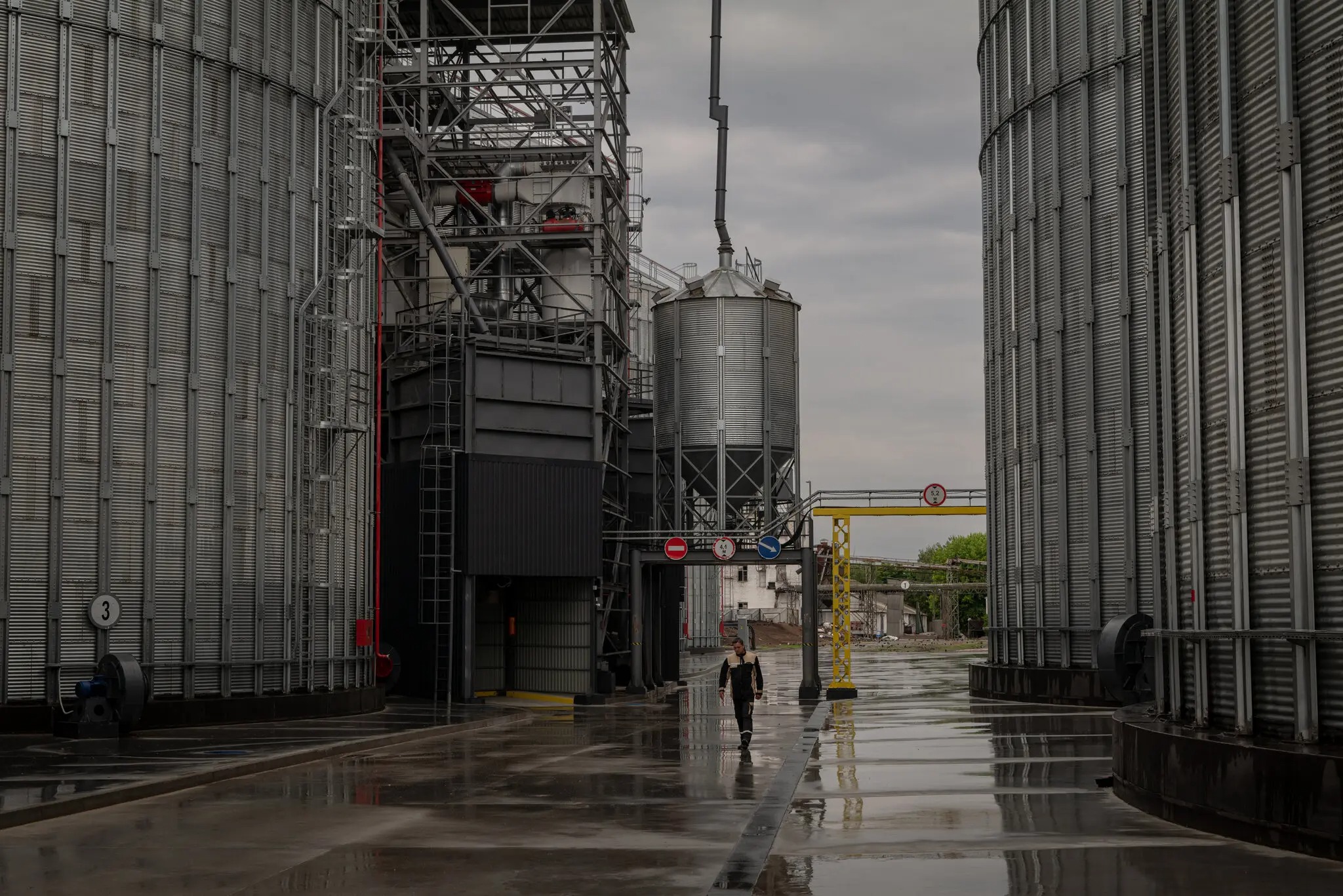
Hungary has joined Poland in banning imports of grain and other foods from Ukraine that have hit their domestic agriculture industries hard, in a diplomatic setback for Kyiv that may also have repercussions for the future of the Black Sea grain deal, a key wartime agreement.
Hungary’s agriculture minister said on Saturday that his country would restrict Ukrainian grain imports until the end of June, according to Hungarian media reports. The announcement came after Warsaw reached a deal with Kyiv on Friday to strictly limit and, for a time, halt Ukrainian grain deliveries to Poland.
That agreement was expected to affect Ukrainian grain, wheat, corn and some other produce, but on Saturday, Poland appeared to expand it to include dozens of other types of food. Ukraine’s agriculture minister, Mykola Solskyi, said Kyiv understood that its agricultural exports represented “tough competition” for other countries, but added: “The Ukrainian farmer is in the most difficult situation.”
There had been signs in recent weeks that Ukraine’s food exports were becoming a sore point in relations with Poland, one of its staunchest allies through the war. The Polish ban came into effect on Saturday evening. Poland’s development and technology minister, Waldemar Buda, said in a tweet on Sunday that the measure also prevented the transit of Ukrainian products through Poland.
Facing a general election later this year and worried that discontent among farmers could erode support among its predominantly conservative, rural base, Poland’s governing Law and Justice party has made solving the grain issue a priority. Poland’s new agriculture minister, Robert Telus, whose predecessor resigned during a state visit to Poland earlier this month by President Volodymyr Zelensky of Ukraine, said at a party convention on Saturday that halting grain deliveries would act as a “shield” for Polish farmers.











